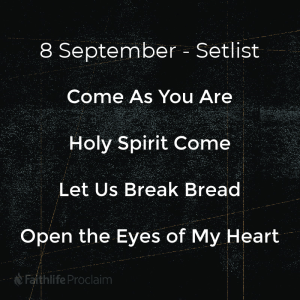
Bulletin: 1 September 2024
Attachments
Worship: 11 August 2024
Worship: 4 August 2024
Worship: 28 July 2024
- 1
- 2
- 3
- …
- 11
- Next Page »
Welcoming of the stranger. Inclusive of all people. Sharing the faith journey together. Informal and friendly Christian community..
by John
by John
by John
by John
by John
We are a community on a journey. We’ve grown from a small faith community planted in Ngunnawal in the early years of Gungahlin’s development to a thriving intergenerational and multicultural community located near the Gungahlin town centre.
Gungahlin Uniting Church is an open and inclusive community. You are welcome to join us and participate in the life of our community as we experience life, God and seek to follow the way of Christ.
Every Sunday, 9:30am
Gungahlin Uniting Church and Community Centre
108 The Valley Avenue
Gungahlin, ACT, 2913
Worship is for all ages, (0 to 93!) and seeks to be meaningful in different ways for us all.
In Jesus Christ we see how he drew near to each and all and so we hope our worship expresses this nearness too.
We worship at the Gungahlin Uniting Church & Community Centre.
Find us on Google Maps here
Car
Free parking is available in our on-site car park.
Light Rail
We are less than a 5 minute walk from the Gungahlin Place Light Rail Station.
Bus
The ACT has a number of bus options for people travelling around, or to Gungahlin. Timetables available here.